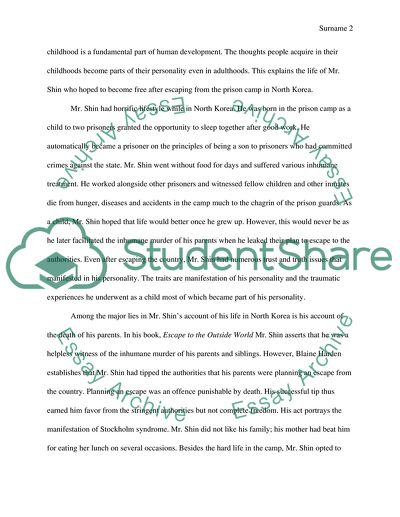Cite this document
(“Escape from Camp 14 by Blaine Harden, Research Paper”, n.d.)
Escape from Camp 14 by Blaine Harden, Research Paper. Retrieved from https://studentshare.org/english/1628424-escape-from-camp-14-by-blaine-harden
Escape from Camp 14 by Blaine Harden, Research Paper. Retrieved from https://studentshare.org/english/1628424-escape-from-camp-14-by-blaine-harden
(Escape from Camp 14 by Blaine Harden, Research Paper)
Escape from Camp 14 by Blaine Harden, Research Paper. https://studentshare.org/english/1628424-escape-from-camp-14-by-blaine-harden.
Escape from Camp 14 by Blaine Harden, Research Paper. https://studentshare.org/english/1628424-escape-from-camp-14-by-blaine-harden.
“Escape from Camp 14 by Blaine Harden, Research Paper”, n.d. https://studentshare.org/english/1628424-escape-from-camp-14-by-blaine-harden.


